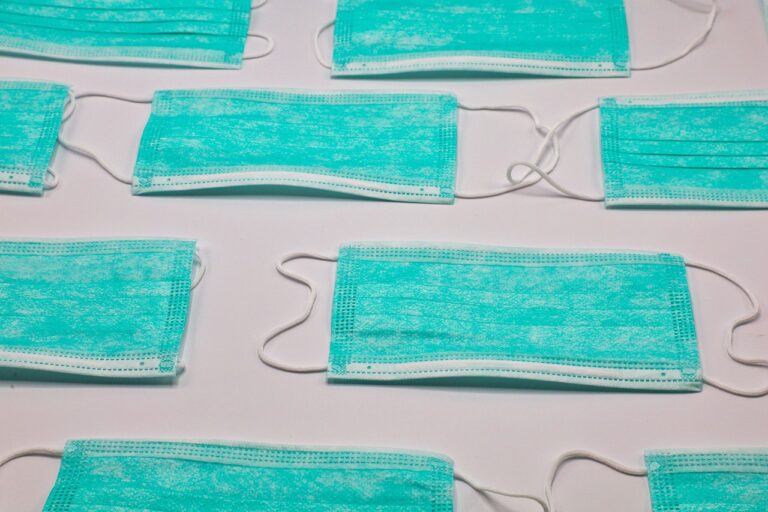Sustainable Fashion: Ethical Practices and Eco-Friendly Materials in the Industry
Many companies in the fashion industry have been under scrutiny for their lack of ethical labor practices in recent years. Issues such as poor working conditions, low wages, and exploitation of workers in the supply chain have come to light, prompting consumers to demand more transparency and accountability from brands.
As consumers become more conscious of the impact of their purchasing decisions, it has become increasingly important for fashion brands to prioritize ethical labor practices. By ensuring fair wages, safe working conditions, and respecting the rights of workers throughout the production process, brands can build trust with consumers and contribute to a more sustainable and ethical fashion industry.
Impact of Fast Fashion on Environment
The fast fashion industry has been widely criticized for its detrimental impact on the environment. With the constant demand for new trends and styles, fast fashion brands produce clothing at a rapid pace, leading to increased water and air pollution. The high volume of clothing production results in extensive use of resources, such as water and energy, contributing to the depletion of natural resources and exacerbating climate change.
Moreover, the short lifespan of fast fashion garments leads to massive amounts of textile waste ending up in landfills. Synthetic fabrics commonly used in fast fashion clothing take hundreds of years to decompose, releasing harmful chemicals into the environment as they break down. This not only pollutes the soil and water but also poses a threat to wildlife and ecosystems.
What are fast fashion brands?
Fast fashion brands are companies that produce trendy clothing at an accelerated pace to meet consumer demand for the latest styles.
How do fast fashion brands impact the environment?
Fast fashion brands contribute to environmental degradation through the use of cheap synthetic materials, excessive water consumption, and high levels of textile waste.
What are some ethical labor practices in the fashion industry?
Ethical labor practices in the fashion industry include providing fair wages, safe working conditions, and respecting the rights of workers throughout the supply chain.
How can consumers help reduce the impact of fast fashion on the environment?
Consumers can reduce the impact of fast fashion by choosing to buy from sustainable and ethical fashion brands, buying fewer clothes, and investing in high-quality, timeless pieces.
What are some alternatives to fast fashion?
Some alternatives to fast fashion include shopping second-hand, supporting sustainable fashion brands, and participating in clothing swaps or rental services.





